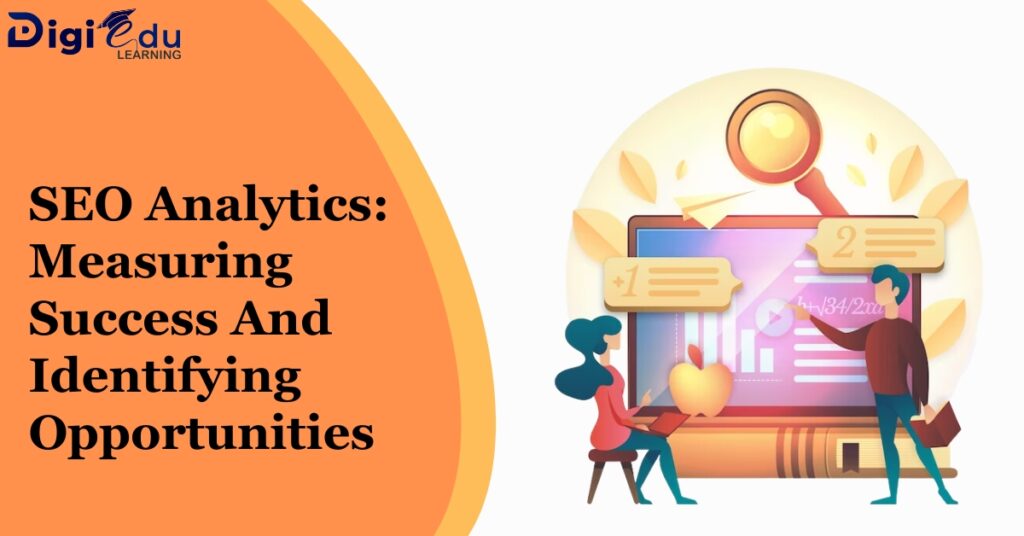Your business is transforming. The world around you is changing, and your business needs to keep up with the pace of change.
You’re looking for ways to drive digital transformation in your organization, but it’s hard to know what skills are most important for your team members to have at this stage of their careers—and even harder still if they aren’t even sure what those skills are! So how do you keep everyone engaged as they learn new skills on the job? And how can you make sure that any new initiatives don’t just come back to haunt them later on down the road?
1. Analytics
Analytics is the process of collecting, organizing, and interpreting data to inform decision-making. It can be used to improve business processes and customer experience, as well as identify trends in customer behavior. Analytics can also be used to predict future trends, which is why it’s an important skill for any digital transformation leader to have.
Analytics can be used to improve customer experience by improving the website design, testing different versions of pages, and A/B testing. It can also be used to help identify trends in customer behavior and predict future trends.
2. Communication & Collaboration
Communication is the key to digital transformation. Communication skills are important in all aspects of your business, from employees to customers. They’re also essential skills for companies that want to grow and succeed in today’s competitive marketplace.
Communication means being able to communicate clearly with others, whether it’s through written or spoken messages; emails, text messages, or social media posts; face-to-face conversations as well as over electronic devices such as smartphones or tablets; even through video calls (whether they’re live or recorded). This means that if you don’t have good communication skills then you risk losing out on opportunities because someone else has better ones!
3. Critical Thinking
Critical Thinking is the ability to recognize and analyze problems, identify issues and solve them. It’s also important for leaders because it’s the ability to think things through, make good decisions, and act on your ideas in a way that helps your team or organization succeed.
Critical thinking skills can be learned over time as you learn about different aspects of the business—and even if you don’t have any prior experience in an area where critical thinking skills are needed (like IT), there are still plenty of ways that businesses can use these skills to drive digital transformation!
4. Creativity
Creativity is a skill that can be developed, but it’s also a mindset. It takes time and practice to develop your creativity so that you are able to think outside the box and come up with new ideas on demand.
Creativity is not just about coming up with new ideas; it’s also about asking the right questions, which requires an open mind and willingness to experiment—and sometimes even take risks!
5. Decision Making
A good decision is one that results in a positive outcome, whether that be a financial gain or business growth. A bad decision can lead to an unhappy client who won’t return and your business isn’t growing as it should be. You need to know when you’re making a good decision and when you’re making a bad one so that you don’t waste time or money on something that won’t benefit either party involved.
Making decisions quickly is also important because there’s always something new happening around us every day! If someone asks for advice on how they should move forward with their career path or start up their own company, we want them to think clearly before answering any questions related directly back toward themselves (or even indirectly).
6. Innovation Management
Innovation management is the process of managing innovation, including new products or services and business models. This includes the creation of new products, services and business models.
Innovation management has been around for decades but it’s only recently that it has received more attention from businesses because of its importance in driving digital transformation.
Innovation management can be a challenge for businesses because it’s hard to predict what will be successful and what won’t. But with the right tools and strategies in place, you can ensure that all your innovation efforts are successful.
7. Learning Agility
Learning agility is the ability to learn new skills and adapt to change. It’s about developing a culture where employees are constantly learning, as well as measuring their own performance on learning.
It’s important because it requires you to be proactive about your business goals and make sure that everyone in your organization understands what you want them to do with their time, energy and resources. If you don’t have this type of culture in place—and if no one has been given clear direction—then there may be no way for them to all do their part toward achieving those goals together.
8. Partnerships & Negotiation
While you may think that digital transformation is all about technology, it’s actually about making your business more efficient and profitable through improved collaboration with other organizations. This can be done through partnerships that help you achieve these goals, such as when one company partners with another company to provide a service or product that will make both organizations more successful.
When building these kinds of partnerships, you’ll need to negotiate how the partnership will work together. You’ll also need to know when it’s appropriate for each organization involved (and why) before agreeing on terms and conditions in writing so everyone knows what they’re agreeing upon—and no one gets left out!
9. Your Workforce Will Thrive If You Focus On Soft Skills Instead Of Hard Skills When You Are Looking To Transform And Grow Your Business
Your business will thrive if you focus on soft skills instead of hard skills when you are looking to transform and grow your business. Soft skills are the ones that make you a better person, employee, and team player.
The reason why so many people struggle with their jobs is that they don’t possess the necessary soft skills which can help them perform at their best in every aspect of life.
Conclusion
With the right skills in your team, you can drive digital transformation and succeed in today’s competitive market. The key is to make sure you have the right people on board who understand what this means for your business and have the skills to do it.






